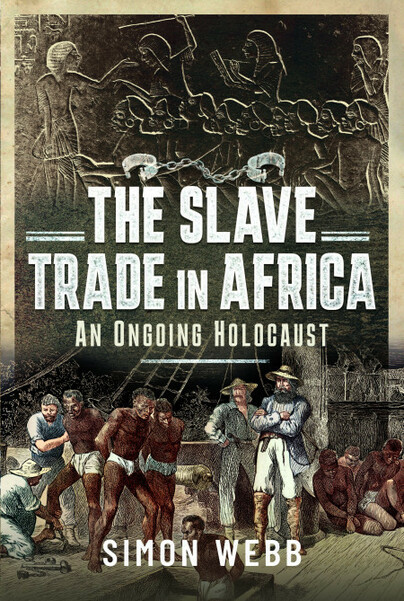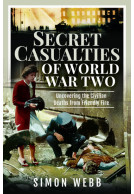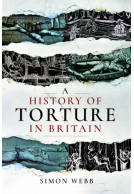The Slave Trade in Africa (Paperback)
An Ongoing Holocaust
By
Simon Webb
Imprint: Pen & Sword History
Pages: 216
Illustrations: 60 mono integrated
ISBN: 9781399094115
Published: 31st March 2026
Imprint: Pen & Sword History
Pages: 216
Illustrations: 60 mono integrated
ISBN: 9781399094115
Published: 31st March 2026
You'll be £11.99 closer to your next £10.00 credit when you purchase The Slave Trade in Africa. What's this?
+£4.99 UK Delivery or free UK delivery if order is over £40
(click here for international delivery rates)
Order within the next 11 hours, 47 minutes to get your order processed the next working day!
Need a currency converter? Check XE.com for live rates
(click here for international delivery rates)
Order within the next 11 hours, 47 minutes to get your order processed the next working day!
Need a currency converter? Check XE.com for live rates
| Other formats available | Price |
|---|---|
| The Slave Trade in Africa Hardback Add to Basket | £20.00 |
| The Slave Trade in Africa eBook (11.8 MB) Add to Basket | £6.99 |
Is it true that the trans-Atlantic slave trade, about which so much has been heard in recent years, would have been impossible without the willing and enthusiastic cooperation of African leaders? Slavery was a common practice in Africa long before the arrival of Europeans, with the trade in black slaves, who were transported from Africa to America and the islands of the Caribbean, aided by the African traders who benefited from the arrangement. Even when Europe and America outlawed slavery and the slave trade, those living in Africa clung tenaciously to their old ways and refused to relinquish what was, to them, a time-honoured custom. It is for this reason that slavery lingers on in Africa to this day.
In this book, Simon Webb explores the history of slavery in Africa and finds that it was not necessarily imposed upon the continent by Europeans, but was rather an integral part of many, perhaps most, cultures. Even when the British deployed their army and navy to try to suppress the trade in slaves during the nineteenth century, their efforts were largely ineffectual because many societies saw no reason to give up such an old, useful and profitable system.
At a time when the subject of the trans-Atlantic slave trade is seldom out of the news, this book provides a vital corrective to the popularly accepted view of the matter. Nobody reading it will ever view slavery and the slave trade in quite the same light again.
As featured in
The Bookseller, Jan 23
About Simon Webb
Simon Webb is the author of a number of non-fiction books, ranging from academic works on education to popular history. He works as a consultant on the subject of capital punishment to television companies and filmmakers and also writes for various magazines and newspapers; including the Times Educational Supplement, The Daily Telegraph and The Guardian.
More titles by Simon Webb
Other titles in Pen & Sword History...




















